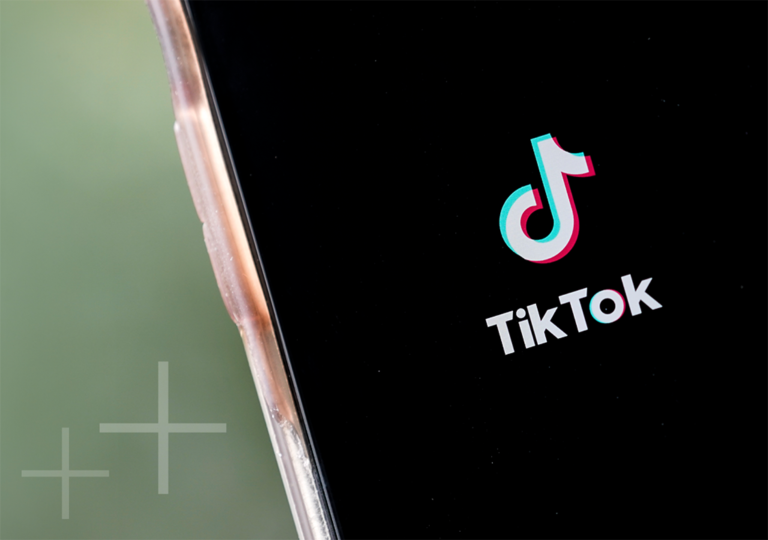In previous articles, we’ve covered the gamut from TikTok diets, exercise routines as well as questionable trends like NyQuil chicken and bone-breaking.
However, it is safe to say that nothing is possible TikTok as obsessed as skincare.
Some of the best videos on the app fall under the #skincare hashtag and have garnered over 25 million views. The amount of information about skincare products – from retinol to hyaluronic acid to vitamin C – can sometimes be overwhelming.
TikTok’s preoccupation with achieving perfect skin is much bigger than any trend.
Yet in users’ constant quests to perfect their skincare routines, questionable trends—along with dozens of dermatology claims and misinformation—are emerging.
As young people experiment with skin products, they position themselves as experts in the field and post videos to teach others how to take care of their skin.
In a video with nearly 4 million likes, TikToker Tanicha Rose lists the six products she uses for her skincare routine with the confidence of a trained professional.
“If you use hyaluronic acid, you will hydrate your skin,” says Rose. “If you use niacinamide, you will control your oil. If you use vitamin C, you will lighten your skin. If you use chemical exfoliants, you will eliminate hyperpigmentation. If you use a moisturizer, you will strengthen your skin barrier. If you use sunscreen, you will prevent sun damage.
Another video authoritatively claims that correct order of morning skincare: cleanser and toner first, followed by serum, eye cream, moisturizer and facial oil.
There are turmeric masks, beauty pop masks, skincare routines with sixteen ingredients at war with “skinimalism” routines that only tout three ingredients. Then there are strokes, facial flooding, making “cloud skin” and cleansing brushes.
Meanwhile, other videos tout the “skincare breakfast” trend, which involves people adapting their diets to contain foods that, in theory, improve their skin.
In some of the more questionable corners of TikTok skincare, people have even tried eating a spoonful of Vaseline every day to improve their skin health – although, of course, there is no scientific proof that this presents any advantage.
Yet even more videos are starting to emerge that highlight the regrets of following TikTok’s skincare trends. With so many different products touted, some are likely to irritate the skin or not live up to their claims.
Dermatologists and other medical experts are now competing with the fountain of skincare content on TikTok, including influencers who arguably could have more influence on young patients than themselves.
Note that going to a dermatologist or a doctor remains the appropriate choice to avoid any noise. After all, the vast majority of skin care products featured on the site may not provide any benefit for your specific skin health needs.
Beyond some concerns about the use of questionable products and trends, TikTok’s skincare craze could also have long-term implications for people’s mental health and well-being.
The platform is known for its skin-smoothing filters that remove all imperfections and improve functionality. Anecdotally, it seems like everyone is constantly striving for aesthetic perfection, whether through skincare, fashion, or beauty.
“Despite the multitude of skincare trends, one thing to know is that there is no such thing as perfect skin,” wrote Niki McGloster in one room Raffinerie29 earlier this year. “The beautiful thing is that TikTok makes skincare products and information more accessible and helps build a community around other people who may be struggling or looking for the same solutions. But it’s not healthy to go into crisis mode and venture down the TikTok trend rabbit hole because of every little bump or mark.
TikTok can, in many ways, be a resource for skincare information, just like any other health topic. However, users can still work to separate dermatologist-backed advice from wild claims.
